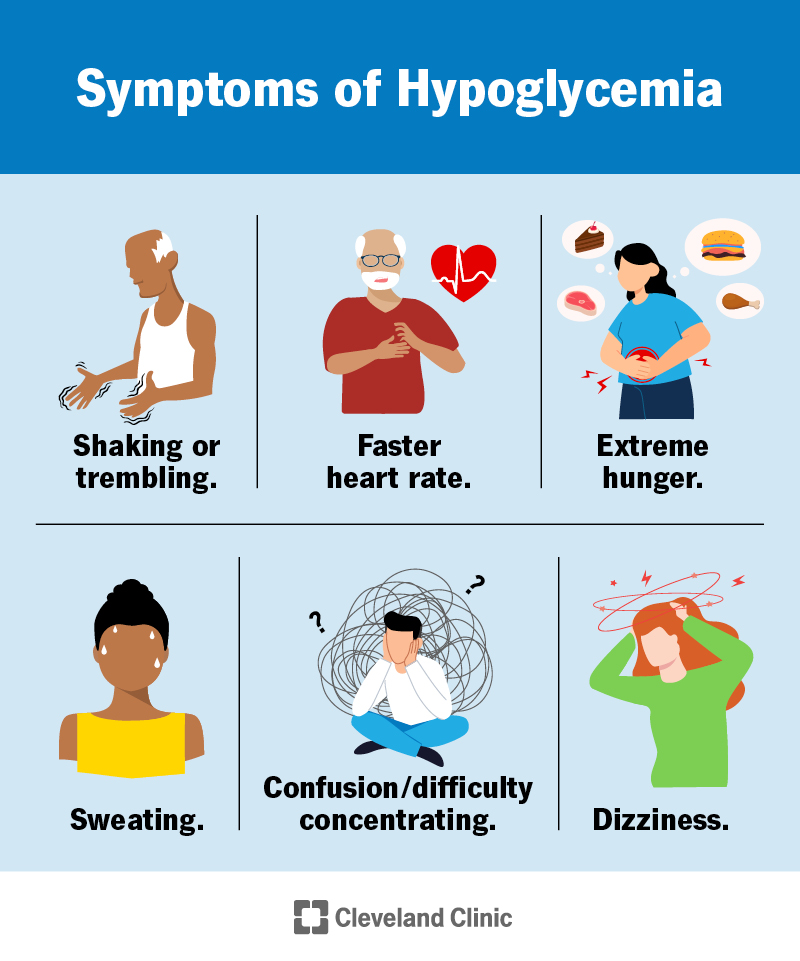A nurse is educating a patient on proper hearing aid care and maintenance. Which of the following statements should the nurse include in the teaching?
Always store your hearing aids in a dry, cool place when not in use.
Use cotton swabs to clean the interior components of the hearing aid.
It is okay to wear your hearing aids while showering or swimming.
Replace the batteries of your hearing aids once a month regardless of usage.
The Correct Answer is A
Choice A Reason:
Storing hearing aids in a dry, cool place when not in use is crucial for maintaining their functionality and longevity. Moisture and heat can damage the delicate electronic components of hearing aids. Using a dehumidifier specifically designed for hearing aids can help prevent moisture buildup and extend the life of the devices.
Choice B Reason:
Using cotton swabs to clean the interior components of the hearing aid is not recommended. Cotton swabs can push debris further into the hearing aid and potentially damage the internal components. Instead, specialized cleaning tools such as wax loops, brushes, and earmold tubing blowers should be used to clean hearing aids properly.
Choice C Reason:
It is not okay to wear hearing aids while showering or swimming. Most hearing aids are water-resistant but not waterproof. Exposure to water can damage the hearing aids and affect their performance. It is important to remove hearing aids before any activities involving water.
Choice D Reason:
Replacing the batteries of hearing aids once a month regardless of usage is not necessary. Battery life depends on the type of hearing aid, the battery size, and the amount of usage. It is more practical to replace the batteries when they are low or depleted, as indicated by the hearing aid’s low battery warning.
Nursing Test Bank
Naxlex Comprehensive Predictor Exams
Related Questions
Correct Answer is D
Explanation
Choice A Reason:
Warm and moist skin is not a typical manifestation of hypoglycemia. Instead, hypoglycemia often causes symptoms such as cold, clammy skin due to the body’s response to low blood sugar levels. Warm and moist skin can be associated with other conditions, such as hyperthyroidism or fever, but not hypoglycemia.
Choice B Reason:
A decreased appetite is not a common symptom of hypoglycemia. In fact, hypoglycemia can sometimes cause increased hunger as the body signals the need for more glucose. Symptoms of hypoglycemia are more related to the body’s immediate response to low blood sugar, such as shakiness, sweating, and confusion.
Choice C Reason:
Increased thirst is a symptom more commonly associated with hyperglycemia (high blood sugar) rather than hypoglycemia. When blood sugar levels are high, the body tries to eliminate excess glucose through urine, leading to dehydration and increased thirst. Hypoglycemia, on the other hand, does not typically cause increased thirst.
Choice D Reason:
Feeling shaky is a classic symptom of hypoglycemia. When blood sugar levels drop, the body releases adrenaline, which can cause shakiness, sweating, and a rapid heartbeat. Recognizing this symptom is crucial for individuals with diabetes to take immediate action to raise their blood sugar levels and prevent severe hypoglycemia.

Correct Answer is B
Explanation
Choice A Reason:
Night blindness, or difficulty seeing in low light, is not a primary symptom of macular degeneration. This condition primarily affects the macula, the central part of the retina responsible for sharp, central vision. Night blindness is more commonly associated with conditions like retinitis pigmentosa or vitamin A deficiency.
Choice B Reason:
Central vision loss is the hallmark of macular degeneration. This condition leads to the deterioration of the macula, causing blurred or lost central vision while peripheral vision remains intact. Patients often report difficulty reading, recognizing faces, and performing tasks that require fine visual detail3.
Choice C Reason:
Peripheral vision loss is not typically associated with macular degeneration. This condition affects the central part of the retina, leaving peripheral vision largely unaffected. Peripheral vision loss is more commonly seen in conditions like glaucoma.
Choice D Reason:
Double vision, or diplopia, is not a characteristic symptom of macular degeneration. This condition affects the clarity of central vision but does not typically cause double vision. Double vision can result from issues with the eye muscles or nerves, such as in cases of strabismus or cranial nerve palsies.
Whether you are a student looking to ace your exams or a practicing nurse seeking to enhance your expertise , our nursing education contents will empower you with the confidence and competence to make a difference in the lives of patients and become a respected leader in the healthcare field.
Visit Naxlex, invest in your future and unlock endless possibilities with our unparalleled nursing education contents today
Report Wrong Answer on the Current Question
Do you disagree with the answer? If yes, what is your expected answer? Explain.
Kindly be descriptive with the issue you are facing.
